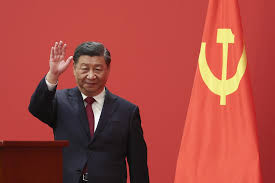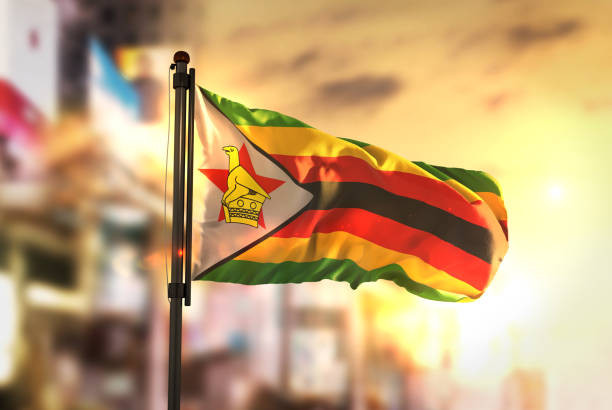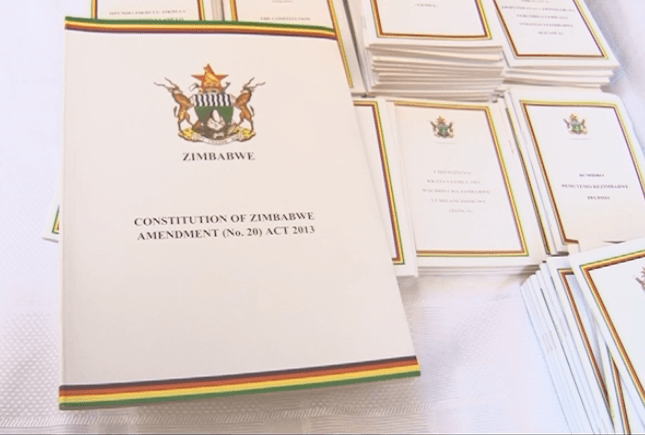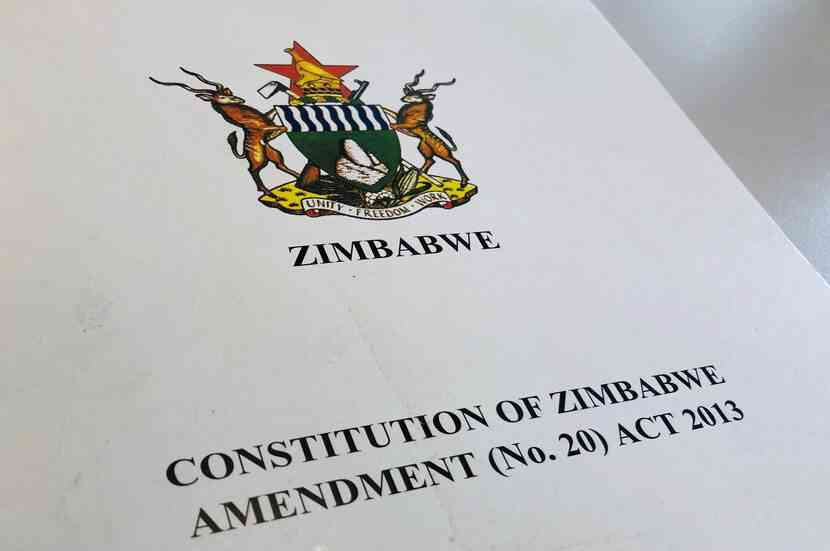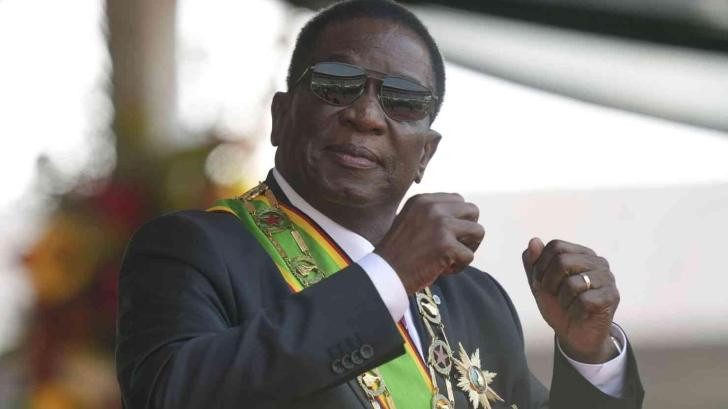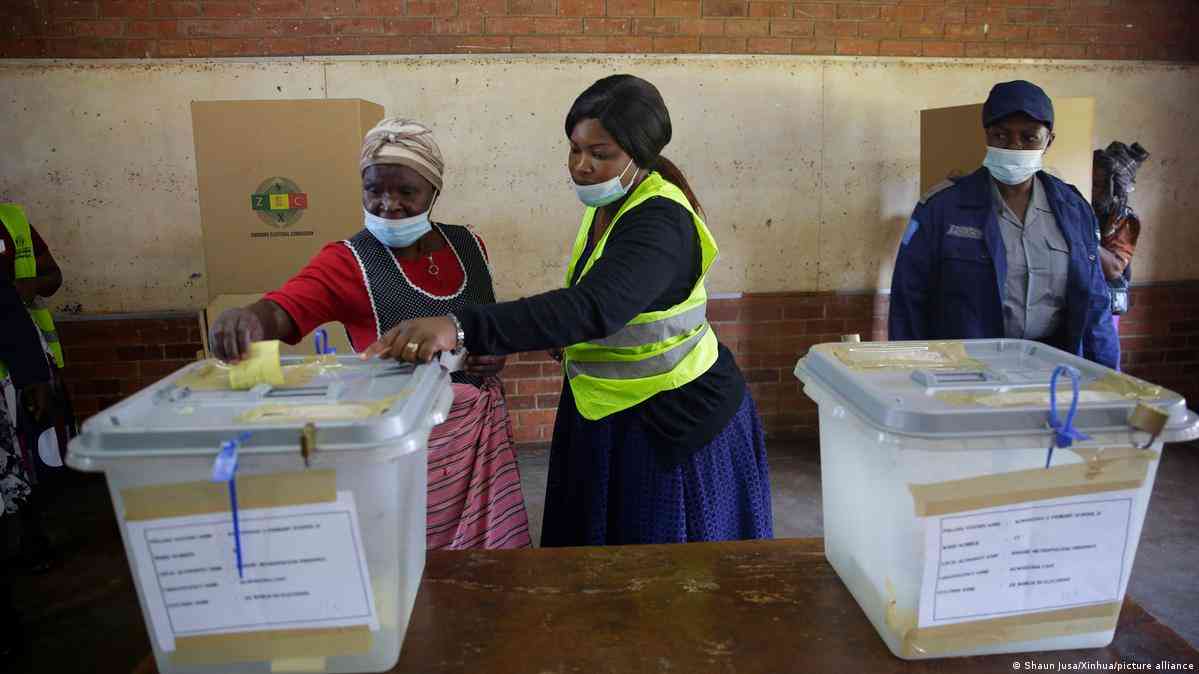
As Zimbabwe nears the highly anticipated elections in 2023, the battle for public opinion is being fought not only on the ground but also in the realm of communications. In today's digital age, political campaigns heavily rely on effective communication strategies to sway voters and shape public perception.
With the proliferation of social media platforms and the increasing influence of online news outlets, the communications war has become a crucial battleground for political parties vying for power
The election is expected to be keenly contested, and both sides are using all means at their disposal to win.
This includes the use of social media, which has become an increasingly crucial tool in political communication.
So, who is winning the communications war?
It is still too early to say for sure, but there are some early indications that the MDC is gaining ground.
We explore the key players in Zimbabwe's communications war and assess who is currently winning the battle for hearts and minds.
Zanu PF, the ruling party in Zimbabwe, has a long-established presence and well-organised communications machinery.
- ED heads for Marange
- ‘Zimbos dreading 2023 elections’
- We’ll unleash our dogs: Zanu PF
- Chamisa still green: Jonathan Moyo
Keep Reading
The party has traditionally relied on state-controlled media outlets to disseminate its message, giving it a significant advantage in terms of reach and influence.
However, in recent years, Zanu PF has also recognised the importance of social media and has made efforts to engage with the online community.
The party has a strong following on platforms like Facebook and Twitter, allowing it to directly communicate with its supporters, shape the narrative, and employ counteractive measures through an army of cyber warriors known as Varakashi.
The Citizens Coalition for Change (CCC), the main opposition coalition in Zimbabwe, has been vocal in its criticism of the ruling party’s control over traditional media.
To counter this, the alliance has embraced social media as a powerful tool to mobilise its supporters and challenge the government's narrative.
With a younger and more tech-savvy support base, the CCC has been able to effectively utilise platforms like Twitter and WhatsApp to disseminate its message and rally support.
One reason for this is that the CCC has been more effective at using social media to reach young voters.
Young people are a key demographic in Zimbabwe, and they are increasingly using social media to get their news and information.
The CCC has been able to tap into this trend, and its messages are sure to resonate with young voters.
The party has also leveraged the power of live streaming and online videos to connect with voters and highlight its campaign events.
Beyond political parties, civil society organisations play a crucial role in shaping public opinion and influencing the communications landscape.
These organisations often focus on specific issues such as human rights, governance, and social justice.
In Zimbabwe, various civil society organisations have been active in using social media platforms to raise awareness, mobilise support, and hold political parties accountable.
Their ability to connect with diverse audiences and provide alternative perspectives has made them influential players in the communications war.
Independent media outlets have emerged as essential players in Zimbabwe’s communications landscape.
These outlets, often operating online, provide alternative news sources and offer critical analysis of political developments.
With growing distrust in state-controlled media, many Zimbabweans turn to independent news platforms for unbiased reporting.
These outlets have been instrumental in exposing corruption, highlighting human rights abuses, and providing a platform for marginalised voices.
While it is challenging to determine a clear winner in the communications war, it is evident that all the key players are actively engaged in shaping public opinion.
Zanu PF benefits from its control over traditional media, but faces increasing competition from opposition parties, civil society organisations, and independent media outlets that leverage the power of social media to reach a wider audience.
As the 2023 elections draw closer, the communications war in Zimbabwe will intensify.
Political parties and other stakeholders will continue to refine their strategies, adapt to new technologies, and engage with voters through various channels.
Ultimately, the winner of the communications war will be the party or organization that can effectively connect with the electorate, resonate with their concerns, and inspire them to vote.
The use of social media in the 2023 Zimbabwean general election is a sign of changing tactics.
Social media is now an essential tool for political communication, and it is likely to play an even bigger role in future elections.
The way that the different parties use social media will be a key factor in the outcome of the election.
The party that can use social media most effectively to reach voters and to counter its opponents' messages will be at an advantage.
*Lenox Mhlanga is the managing consultant at Lenox Mhlanga and Associates. He is a political and communications strategist with extensive experience in public relations, advocacy, and political campaigns. He can be contacted on mobile at +263 772 400 656 and by email on [email protected]

